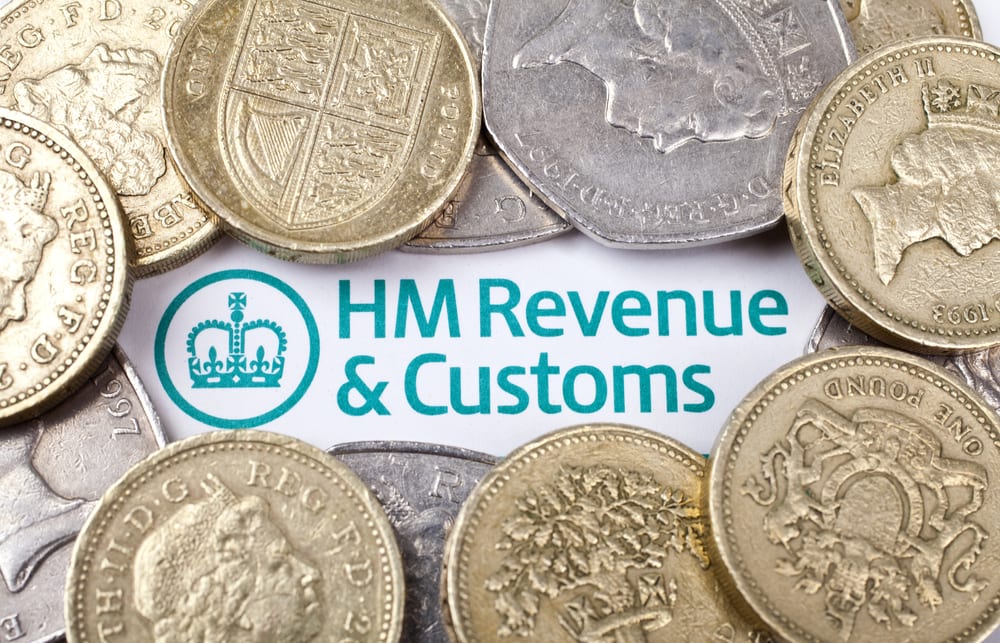A legal structure is mandatory if you are planning to set-up in business. Whatever line of business you are in, you’ll need to be accountable to the tax office, regulators and your customers; they need a legal entity to engage with.
For the vast majority of businesses it’s a choice between becoming a Sole Trader or a Limited Company. The choice you make at the beginning can have important implications so you need to be aware of all of the facts and make an informed decision.
Legal Structure
From the outset you need to decide what type of legal structure to adopt for your business as this will determine what you need to do straightaway. There will be implications depending on your legal structure from anything to your finances, tax and even what you put on your website. This short guide will give you a snapshot of the two most common options and how they affect your tax, legal and financial responsibilities.
Sole Trader
The clue is in the name! You are legally operating as an individual and are responsible for all liabilities that come with the business. If the business makes a loss then you personally make a loss. By way of an example if you owe Joe Bloggs money for supplies and are left short it is you who is liable and not the business name. Alternatively, if the business makes money then so do you personally!
Key advantages
- Setting up is quick, easy and free. Just register with HMRC here.
- Minimum record keeping and company regulations (but you must keep proper accounting records).
- You own all the profits (after tax).
- Business affairs and finances are private.
- Decision-making is quick and easy.
Potential disadvantages
- You are personally liable for all your business debts and so all of your assets are at risk.
- Limited options for raising money
- Harder to sell the business or pass it on.
- Trust/ credibility issues for some customers if you are not a registered company.
- Generally, you’re on your own and may feel isolated.
While becoming a Sole Trader is the simplest and less stringent of options it is not without obligations! As soon as you start your business there are legal obligations to be fulfilled with HMRC. Make sure you tick off the following:
- Register as self employed
- Complete your self-assessment tax return each year and pay your taxes by the 31 January deadline.
- Get up to date with your NI contributions.
- Register for VAT if your taxable turnover is over £85k in a 12-month period.
- Make sure your company name, registered address and place of registration are marked on your website.
- Keep all your receipts and get up to date with all your financial records. An online accounting package makes this a much easier process.
Limited Company
You are a separate legal entity owned by shareholders and run according to a Memorandum and Articles of Association which is a either a template document from companies house or one drafted by you or your lawyers. It is a set of rules by which you run your company. Shareholders appoint directors who run the company on their behalf. In most small businesses the Shareholder is the Director and vice versa. You can have a single Director/ Shareholder as well if you want. Remember money cannot be simply drawn from a limited company but paid through salaries, dividends or loans.
Again the clue is in the title. Your liability, unlike a sole trader, is limited; so debts can be limited to the company and not you as an individual. Accounts will be a bit more complicate d than for a sole trader so you will almost certainly need to hire an accountant and use an accountancy software package.
You can set up your Limited Company directly with Companies House, or use an intermediary company.
Key advantages of limited company status
- It can be easier to raise money for the business (although banks are still likely to ask for personal guarantees) or to sell part of it.
- As a Director you can keep wages low and pay yourself mostly in dividends to minimise income tax and National Insurance.
- Losses are business losses, not personal losses.
- Set-up costs and annual fee are relatively low.
- Can give the appearance of being more professional/ larger.
Potential disadvantages
- You must file accounts annually with Companies House.
- Accounting can be a little more onerous – you’ll probably need an accountant.
- Anyone can access details of your turnover and profits by paying a small fee to Companies House.
Again there are a number of legal obligations to be fulfilled so please tick off the following:
- File all your documents with Companies House, namely your accounts and annual return. There are fiscal penalties if you don’t do this!
- Pay Corporation Tax of 19% on company profits.
- Register for VAT if your taxable turnover is over £85k in a 12 month period.
- Make sure your company name, registered address and place of registration are marked on your website.
And Finally…
Whatever structure you use make sure it suits you:
- Are you happy from a tax perspective?
- Is your paperwork in order?
- Are you happy with the way your customers and partners view your business structure?
- And last but not least…is your business thriving profitably under the structure?

